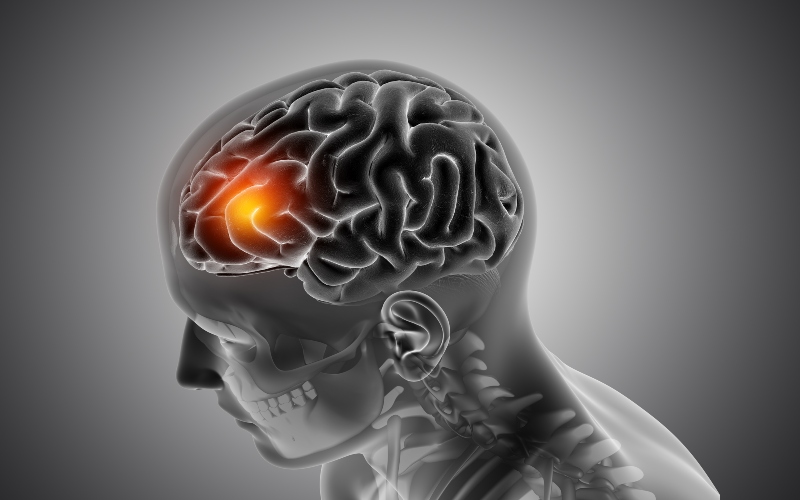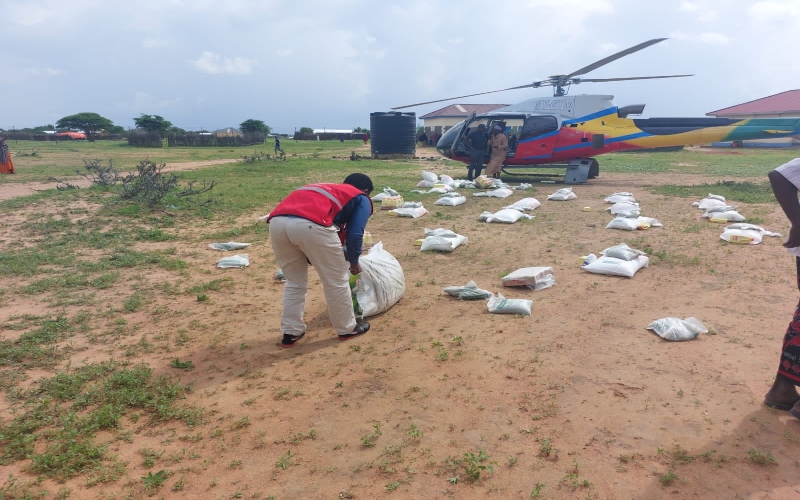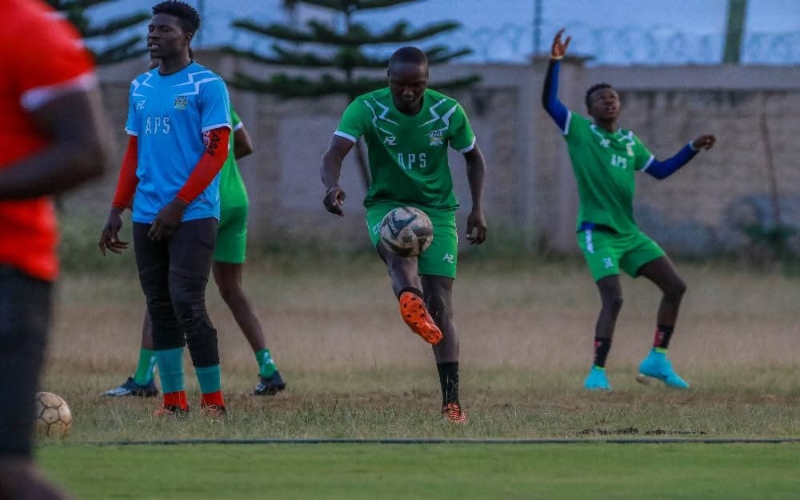Study warns of risks in antiseizure drug use during pregnancy

For many patients, antiseizure medications, also known as antiepileptic drugs, are vital to prevent dangerous episodes and improve quality of life.
A new study commissioned by the World Health Organisation (WHO), led by Dr Adrienne Chan and Professor Ian Wong of Aston University, has warned that safeguards and education programmes to prevent fetal exposure to antiseizure medications remain inconsistent worldwide.
Seizures, caused by sudden, uncontrolled electrical disturbances in the brain, often cause convulsions, sensory disruptions or loss of consciousness. They affect millions globally, from children to adults, and may result from conditions such as epilepsy, head injuries, infections or genetic disorders.
More To Read
- Study flags stark inequities in global epilepsy care, medication
- Neurological disorders on the rise in low-and middle-income countries, warns WHO
- When fever leads to seizures: What every parent needs to know
- Inside Kenya’s epilepsy burden: Myths, misdiagnosis and the need for awareness
- Garissa health experts urge end to epilepsy stigma, call for treatment and awareness
- Trapped by seizures: The silent struggle of living with epilepsy
For many patients, antiseizure medications, also known as antiepileptic drugs, are vital to prevent dangerous episodes and improve quality of life.
However, the study, published in eClinicalMedicine, “Antiseizure Medications Consumption in 73 Countries and Regions from 2012 to 2022: A Longitudinal Trend Study”, raises concerns about unsafe prescribing practices, particularly for women of childbearing age.
One of the most widely used drugs, valproic acid (valproate), can have serious consequences if taken during pregnancy. Exposure in utero has been linked to birth defects such as spina bifida and cleft palate, as well as developmental challenges including difficulties with learning, communication, behaviour and memory.
Despite these risks, valproate remains commonly prescribed in countries where newer, safer alternatives are unavailable or unaffordable.
The WHO lists valproate as an essential medicine but strongly advises against its use in women and girls who are or may become pregnant unless necessary.
“Our findings show that access to antiseizure medicines is expanding globally, which is good news for patients who previously had limited treatment options. But the continued widespread use of valproate in some regions is concerning, given its known risks during pregnancy. Greater global alignment on safe prescribing and education is urgently needed to protect future generations,” Dr Chan said.
In high-income countries, stricter regulations and pregnancy prevention programmes have reduced valproate use among women of childbearing age.
But in low- and middle-income countries, limited access to newer drugs often leaves valproate as the primary treatment option. Without proper guidance, women may unknowingly expose unborn children to serious health risks.
The researchers stressed the need for comprehensive education for healthcare providers and improved monitoring of prescription patterns. Understanding how medicines are used within specific populations, they said, will help identify where safety interventions are most urgently needed.
“Expanding access to antiseizure drugs is a major success in global health, but it must go hand-in-hand with safe prescribing practices. Protecting mothers and their unborn children requires education, alternative treatment options and stronger global safety standards,” Professor Wong added.
As global use of antiseizure medication continues to rise, the study concludes that policymakers and health providers must prioritise both availability and safety, especially for women of childbearing age.
Top Stories Today











































